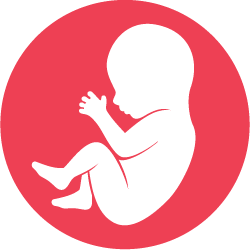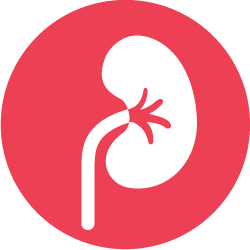Biostasis: a transformative capability for human health
The Biostasis Research Institute (BRI) is a global research initiative created by a coalition of organ procurement organizations, universities, entrepreneurs and patient advocates dedicated to slowing and stopping biological time through cryopreservation and suspended animation to store living systems for transplantation and medical research.
The Institute will support a modern-day “Apollo Program” specialized in the storage of biological systems ranging from small tissues to whole donor organs and organisms. In the last five years this Apollo Program has grown from a few research projects to a $100 million effort. The Institute is establishing the world’s first two academic research centers dedicated to the long-term storage of living organs, tissues, and whole organisms headquartered at Massachusetts General Hospital and the University of Minnesota.
As laid out in The Promise of Organ and Tissue Preservation to Transform Medicine (nature.com/articles/nbt.3889.pdf) these capabilities can “create public health benefits on par with curing cancer.”
The Biostasis Research Institute is launching 3 new research programs with audacious technological goals and enormous human health impact:

The first human organ cryopreservation to save children in need of a transplant
Infants and small children in need of a transplant have an especially hard time finding a matching donor. Ironically, donor infant organs are discarded at a higher rate than adults, because often a suitable recipient cannot be found nearby. We can fill this gap, allowing the time for every transplantable organ to find a child in need.

THE FIRST FUNCTIONAL BRAIN BANKS
The treatment of Alzheimer’s Disease, Epilepsy, and other brain diseases is hampered by the fact that research animals and other laboratory models lack the unique features of the human brain. Today human brain tissue can be donated and kept functional for study in the laboratory, but it is an incredibly scarce resource because it cannot be stored. Our technologies will enable an off-the-shelf supply of human brain tissue to be established for neuroscience and drug discovery.

EXTENDED KIDNEY TRANSPLANT STORAGE
Today kidneys and other organs must reach their recipient within hours after they are donated, limiting the options to find a suitable donor-recipient match. Extending this time window to days or weeks can allow thousands more kidneys to be transplanted each year globally while significantly increasing the life expectancy of kidney transplant recipients.

Copyright © 2021 Biostasis Research Institute. All Rights Reserved.
